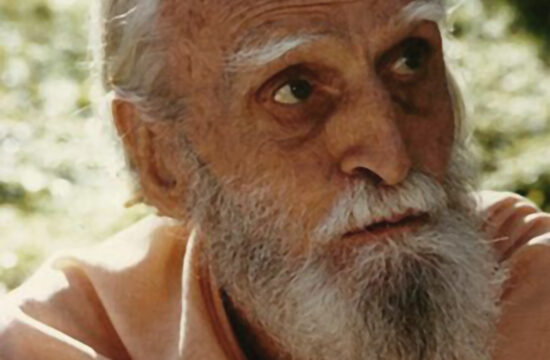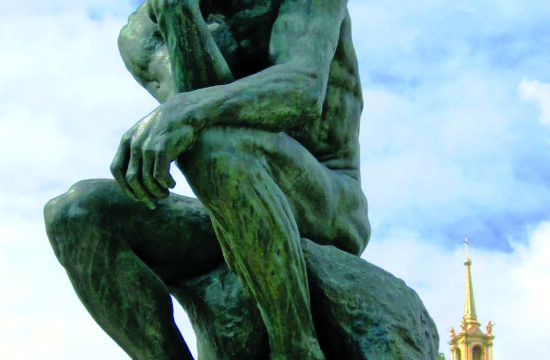Madam Ibu Gedong Bagoes Oka was a prominent Indonesian intellectual, who established the Ashram Gandhi Canti Dasa in 1976. Internationally acknowledged as a devotee of Mahatma Gandhi’s philosophy, she dedicated herself to finding ways by which Gandhi’s teachings could be applied to daily life in Indonesia. She felt that Indonesia could progress in peace only by following the principles of Mahatma Gandhi.
She wanted the Gandhian ashram to be: “A powerful and culturally significant bridge between worlds — the spiritual world, the religious world, the Western world, the Balinese world and the material world. The ashram breathes long momentous breaths, one day at a time. And with each breath it exhales adversity and negativity, purifying those who choose to be in its midst.”
After prolonged private studies of the Christian scriptures and spirituality, she said she reconciled her Hindu-Balinese tradition, “with the inspirations she has gained from her encounter with Christianity by discovering the teachings of Mahatma Gandhi, and of Swami Vivekananda as her life inspiration.” Christian spiritual, ethical and democratic values challenged her, forcing her to rethink her own Balinese Hindu traditions. She promoted a more spiritual approach in the local Balinese Hinduism.
Ibu Gedong championed inter-religious dialogue. Twice, at my invitation, she came to Australia to lead ecumenical yoga retreats. In letters between us, we also sought to have Father Bede Griffiths visit Bali in April 1992, while on his way to Australia.
Ibu Gedong lived as a strict vegetarian, basing her lifestyle “on the Gandhian principles of ‘non-violence’ and ‘living simply so that others can simply live’.” Ibu Gedong learnt three important concepts from Mahatma Gandhi: satyagraha, ahimsa and swadeshi. This attitude opposing the use of violence is what Mahatma Gandhi passed to Ibu Gedong. An educationalist, she gathered young adults around her on retreats and camps, especially at Indonesia’s only Gandhian ashram which served as a religious community. Her dream was to “empower people to become truly independent and free through living and practicing the Gandhian lifestyle and simplicity and also refusing to harm anyone or any creature in our daily life.”
Ibu Gedong practiced daily pujas (ceremonies) and gave lectures on the Vedic scriptures, the Balinese religion, and Gandhi’s pacifism. Abu Gedong’s daily religious practice consisted of common prayer and chanting, yoga, meditation, and a simplified form of the Vedic fire ritual, the agnihotra. Students attended spiritual lectures and were encouraged to study the sacred literature in the library.
During my visits to the Ashram, I was fascinated by the Vedic chants drifting through the palm trees of this beachfront ashram. Simple palm cottages facing the sea are provided for guests — not far from an elementary school that Ibu Gedong runs for the village children. Guests are free to worship, meditate, work, and study with the several dozen young Balinese who make up the permanent ashram community. She said, “I encourage Balinese seeking a closer relationship with their religion and the teachings of Gandhi, to come to practice with me, but especially students, who can undertake programs of religious study, meditation, and thoughtful discussions on how best to be of service to their local community.” Ibu Gedong translated Gandhian ideals of living into action. I witnessed her personal commitment to living a life of simplicity, self- sufficiency and service to the community. Ahimsa (nonviolence), satya (truth) and karuna (compassion and universal brotherhood) are her guiding principles as taught by Mahatma Gandhi. It is swadeshi
Rev. Dr. Meath Conlan is a Counsellor and Adult Educator. He travels frequently to India. He can be contacted at [email protected]








